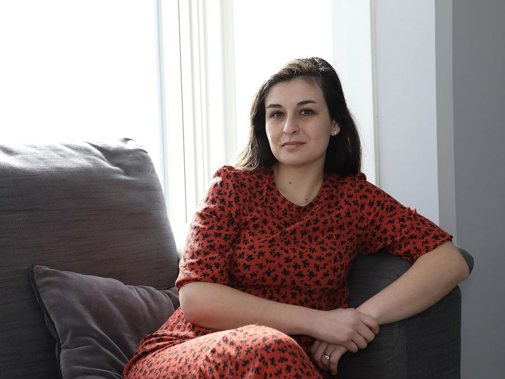It is increasingly common to hear about junior doctors who have become so burnt out and overworked that they are forced to make the difficult decision to walk away from medicine.
We have all been there, in the doctors’ mess or a corridor, giving colleagues hugs because they just feel so exhausted and worn out and can no longer withstand the strain on their mental and physical health and wellbeing. We tell them it's OK, and that we have all been through it, followed by an anecdote about how broken we too have been.
It’s as if after years of studying and training, we have forgotten that doctors are people too – which leaves many of us feeling duty-bound to stay at work, neglecting what we need and feel in order to continue providing necessary support to patients and colleagues.
This needs to be challenged. We need to be telling ourselves and our colleagues: take a day off, it is OK to take a break, it is OK to look after yourself, this is not something to feel inadequate about – it is to be admired.
On talking with several colleagues, as well as being led by discussions within the BMA junior doctors committee and the BMA occupational health committee, it is shockingly apparent how little junior doctors know about their rights in terms of mental-health sickness absence. This is worsened by the weight of the stigma associated with burnout, mental ill-health, and the simple act of taking the time to look after your wellbeing while working in the NHS.
The lack of information available to junior doctors at present leaves them feeling unable to speak up or take time off. This only leads to an accumulation of the burden already placed on their shoulders, which then results in further longer-term sickness absence. Not enabling doctors to address these issues from the outset exacerbates the already chronic issues in understaffing, and inflames retention problems.
Junior doctors need to feel empowered and be supported to look after themselves – from a lone day off to reboot and clear one’s mind, to acquiring reasonable adjustments with occupational health input for a chronic mental illness. We need to start normalising this practice as, without the ability to care for ourselves, attritional burnout or medical errors become inevitable.
As we are approaching a more turbulent time for doctors, looking after ourselves is becoming even more pivotal to delivering care to our patients. Knowing when to give time to ourselves is a strength, not a weakness – and what’s more, it is fair, and it is our right to do so.
This is why – alongside discussions with stakeholders and ongoing work to improve wellbeing services for junior doctors – we have created a summary of your rights related to sickness absence for mental health and wellbeing reasons, and guidance addressing concerns around GMC fitness-to-practise thresholds that may otherwise prevent junior doctors from seeking support. This will be published soon.
Education is the start. The BMA, as your union, supports you and will continue to facilitate the normalisation of these practices. We will continue to support members on these issues and work with employers to provide reassurance around the importance of increasing awareness and access to services.
We advocate for our patients every day, and it is important that we go into work knowing we deserve the same level of compassion and help when it is needed.
Maria Vittoria Capanna is BMA junior doctors committee deputy chair for professional issues

